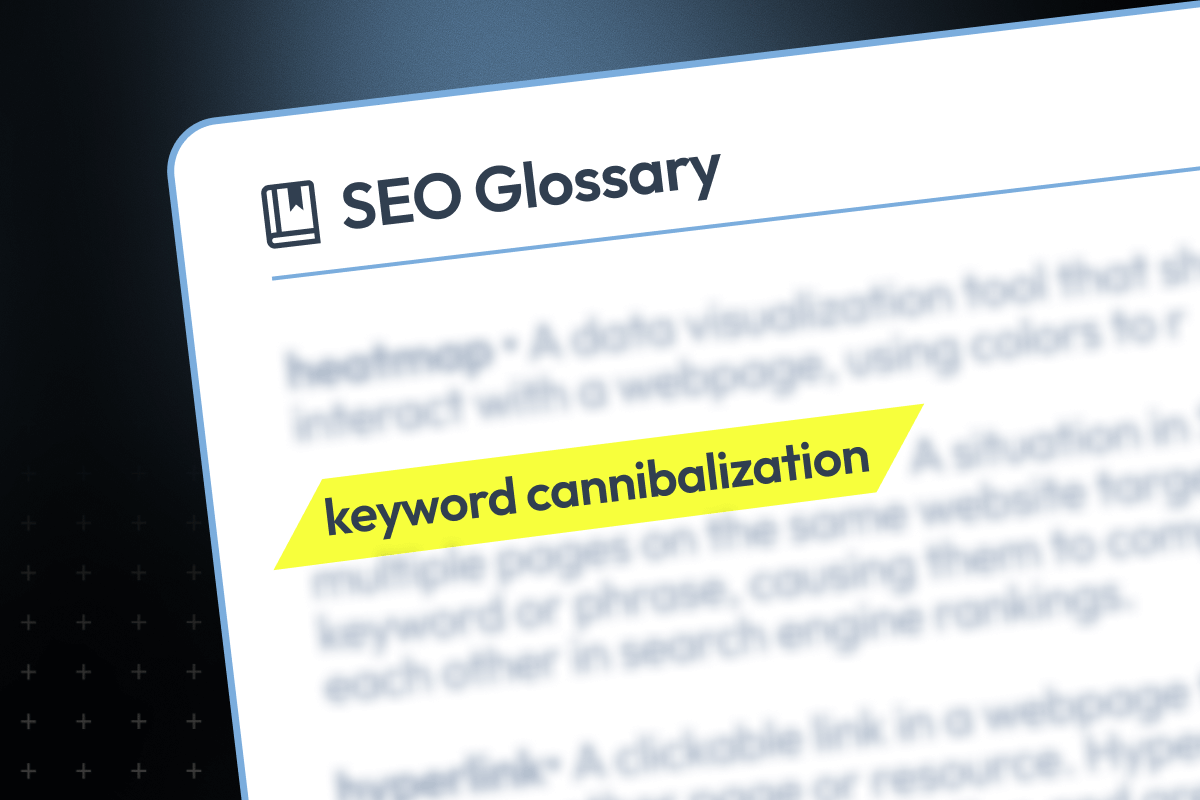Imagine you’re the owner of multiple ice cream shops in a city, each advertising your signature strawberry ice cream. Instead of attracting more customers to one perfect location, your shops compete against each other, dividing potential sales. In the digital world of SEO, this situation mirrors “keyword cannibalization”—when multiple pages on your website compete for the same keywords, diluting their effectiveness and confusing search engines.
What is keyword cannibalization?
Keyword cannibalization occurs when several pages of a single website target the same or very similar keywords. This internal competition can lead search engines like Google to struggle with deciding which page to rank higher for a given search query, potentially lowering the visibility of each page.
Why is keyword cannibalization bad for SEO?
Keyword cannibalization can severely hinder a website’s SEO performance:
- Diluted page authority: Instead of having one strong page, you spread your credibility across multiple weaker pages.
- Confused search engines: Search engines might rank the less relevant page, decreasing the effectiveness of your SEO strategy.
- Lowered conversion rates: If the wrong page ranks for a search query, it might not convert as well, because it might not provide the exact information or product the searcher was looking for.
How to identify and resolve keyword cannibalization
Resolving keyword cannibalization enhances SEO health:
- Audit your content: Identify and list all pages and their targeted keywords. Tools like Google Analytics and Ahrefs can help.
- Merge similar content: If multiple pages serve the same purpose, combine them into a single, comprehensive page.
- Improve internal linking: Ensure you’re directing users and link equity to the most relevant page through strategic internal linking.
- Adjust your SEO strategy: Sometimes, simply changing the target keywords of competing pages can resolve cannibalization issues.
By addressing keyword cannibalization, you ensure that your website’s content works harmoniously, not against itself, maximizing SEO effectiveness and improving user experience.


